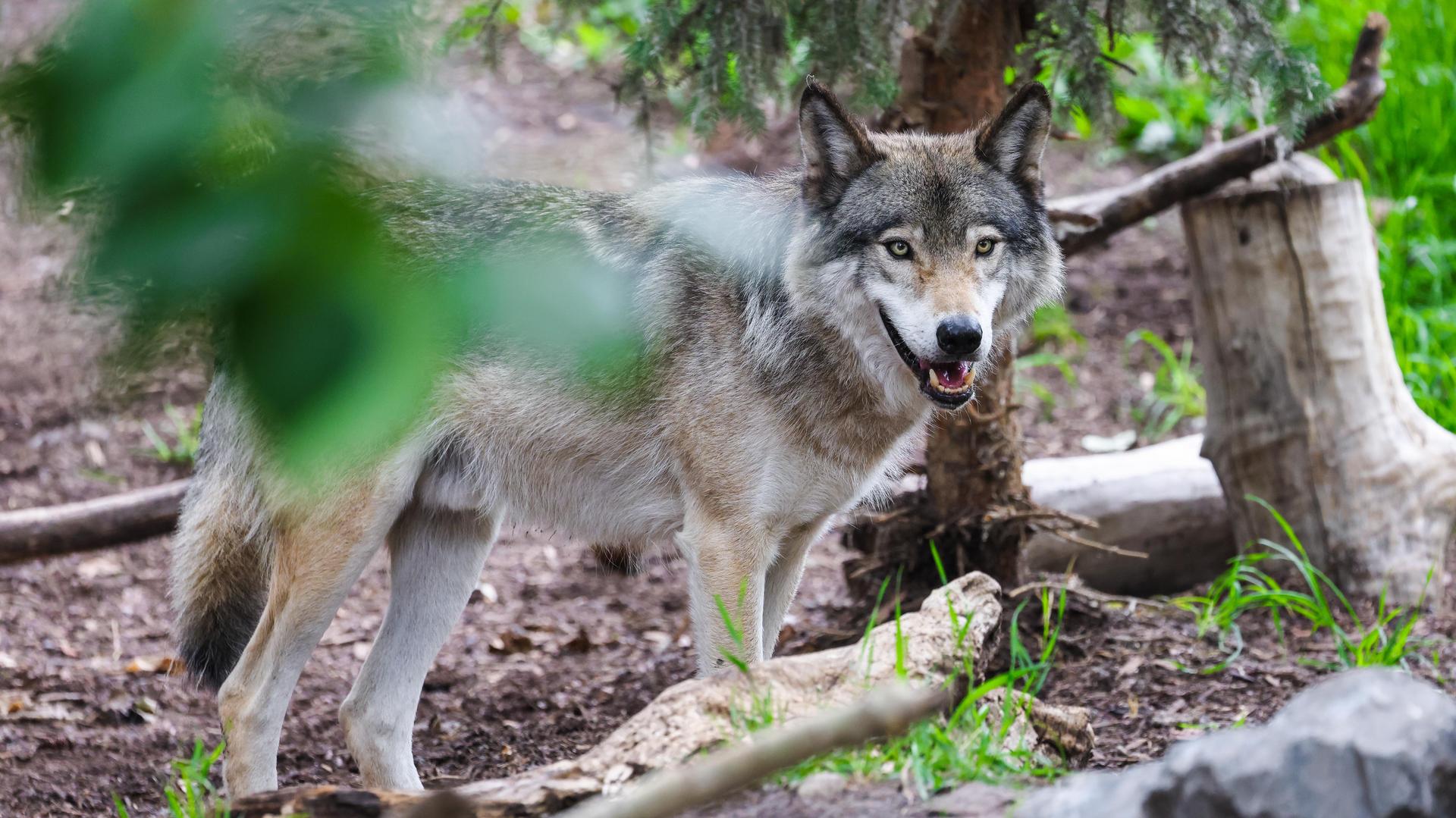Wild Canada Edu-Trek is an unforgettable zoo tour that takes you on an adventure through various natural habitats found across the Canadian landscape. Our conservation educators will lead you on an educational and entertaining journey, introducing you to a diverse range of wildlife species and the conservation efforts that protect their natural habitats. Animals observed may include bears, mountain goats, moose, whooping cranes, and river otters.
Length: 75 minutes
Program times: 10:00 a.m., 12:00 p.m.
Maximum students: 30
Cost:
- Janauary-March: $240
- April-June: $295
Register Now
Curricular Connections
Kindergarten
Earth Systems:
- Demonstrate respect while interacting with environments.
Matter/Energy:
- Identify various ways that humans and other animals can move.
Grade 1
Living Systems:
- Determine how a local environment meets the basic needs of plants and animals.
- Discuss how humans depend on plants and animals to meet their basic needs.
Earth Systems:
- Discuss how changes in the appearance of environments, plants, and animals are related to the seasons.
- Investigate animal behaviour throughout the seasons, including migration and hibernation.
Grade 2
Living Systems:
- Discuss ways to respect plants and animals while interacting in various environments.
- Identify similarities between offspring and their parents.
- Discuss and compare the life cycles of various plants and animals.
Grade 3
Living Systems:
- Classify animals in a food chain as carnivores, herbivores, or omnivores.
- Investigate and discuss how plants and animals respond to stimuli in their environments in order to survive.
- Explain interconnections in environments, including how plants depend on animals and how animals depend on plants to survive.
Grade 4
Living Systems:
- Relate the external structures of plants to their functions.
- Relate the external structures of animals to their functions, excluding reproduction.
- Compare the external structures of various plants and animals in relation to function.
Grade 5
Earth Systems:
- Distinguish climate from weather.
- Explain how climate can affect human and other animal activity.
Matter/Energy:
- Observe living things and objects in flight.
Grade 6
Living Systems:
- Represent and connect the biotic and abiotic components of an ecosystem.
- Relate the preservation of various ecosystems to possible actions that address climate change.
- Compare the characteristics of two ecosystems.
- Examine the diversity of animals and plants in various ecosystems in relation to abiotic components.
Earth Systems:
- Relate the impacts of natural processes and human activities to climate change.
- Identify personal actions that may affect global climate change.
- Describe possible effects of climate change on land, plants, humans, and other animals.
Grade 7
- Interactions and Ecosystems.
- Plants for Food and Fibre.
Grade 8
- Freshwater and Saltwater Systems.
Grade 9
Grade 10
- Energy Flow in Global Systems – Biomes.
Grade 11
- Changes in Living Systems.
- Ecosystems and Population Change.
Grade 12
- Population and Community Dynamics.
On-Site Program Information and FAQ

